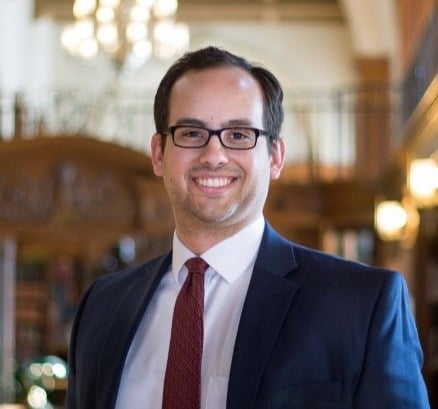Prepping for a first meeting with a financial planner is a lot like prepping for a first appointment with a new doctor.
Just as any new patient should come prepared to the appointment with a current med list, you’ll want to bring current financials for your advisor to review, along with a list of questions for them. To ensure you get the most out of your meeting, we’ve put together a list of three things to consider ahead of time, including exactly what financials you should bring and what questions you might want to ask.
How to prepare for the first meeting with a financial planner
Just as you probably wish your new patients would do a bit more homework before they come to see you for the first time, so too should you make the time to prepare for your first appointment with your new planner. Doing the initial legwork before the meeting will ensure that it's as productive as possible, and not a meeting that could've been an email. Here are three steps to take:
1. Do your research
The first thing you should do before meeting with your planner is to make sure you’ve picked a good one. This includes confirming that they’re actually a fiduciary, and using this website to check if they’ve had any disciplinary actions against them. I also recommend checking out their firm’s website to get a general feel for it, as well as any personal websites or social media accounts your advisor might have.
2. Gather current financial documents
Before you go running around looking for your financials, make sure you know what you’re looking for. To guide your search, write out a list of you and your partner's (if you have one) assets (this includes cash, investments, property, etc.) and liabilities (hello, med school debt!). Confirm your income(s), and print out or make a list of your current monthly expenses. From there, you can get your financial documents together hopefully a lot quicker.
At a minimum, you’ll want to bring the following docs:
- 401(k) and any other investment plan statements
- Pay stubs
- Last year’s tax return
- All debt statements, including your mortgage
- Monthly budget
Of course, it’s never a bad idea to contact the firm ahead of time to ask if there are any other important documents you should bring.
3. Prepare a list of questions for your planner
To figure out what you need to ask, I recommend starting with what exactly you’re hoping to get out of the meeting. If you have a partner, talk to them about your current financial circumstances and needs, as well as any long-term goals, like saving for retirement or a second home. That conversation or self-reflection should spark a good list of questions.
At the first meeting, you’ll also want to ask some general questions about the services you’ll be getting. Here’s a list of some good questions to ask a financial advisor:
- What services do you offer? Retirement planning? Tax advice?
- How do you structure payments? Do you bill hourly? Is there an annual fee?
- What is your investment philosophy? Will I be the proud new owner of a cryptocurrency?
- How will you measure the performance of my investments? And what will you do if it's not going well?
- How often should I expect communication from you? Can we stick with emails instead of calls?
You can also email your list of questions to your advisor before the meeting so they’re ready with some answers.
One last thing. If, after your first meeting, you're feeling like the planner, firm, or both just isn't a good fit, you can check out a resource we recently launched for finding peer-recommended professionals. So far we have a bunch of financial advisors, realtors, and mortgage lenders, all with experience working with and for physicians.
To find out if there's a medical financial planner in your area, click here.



Leave a Comment
Related Articles